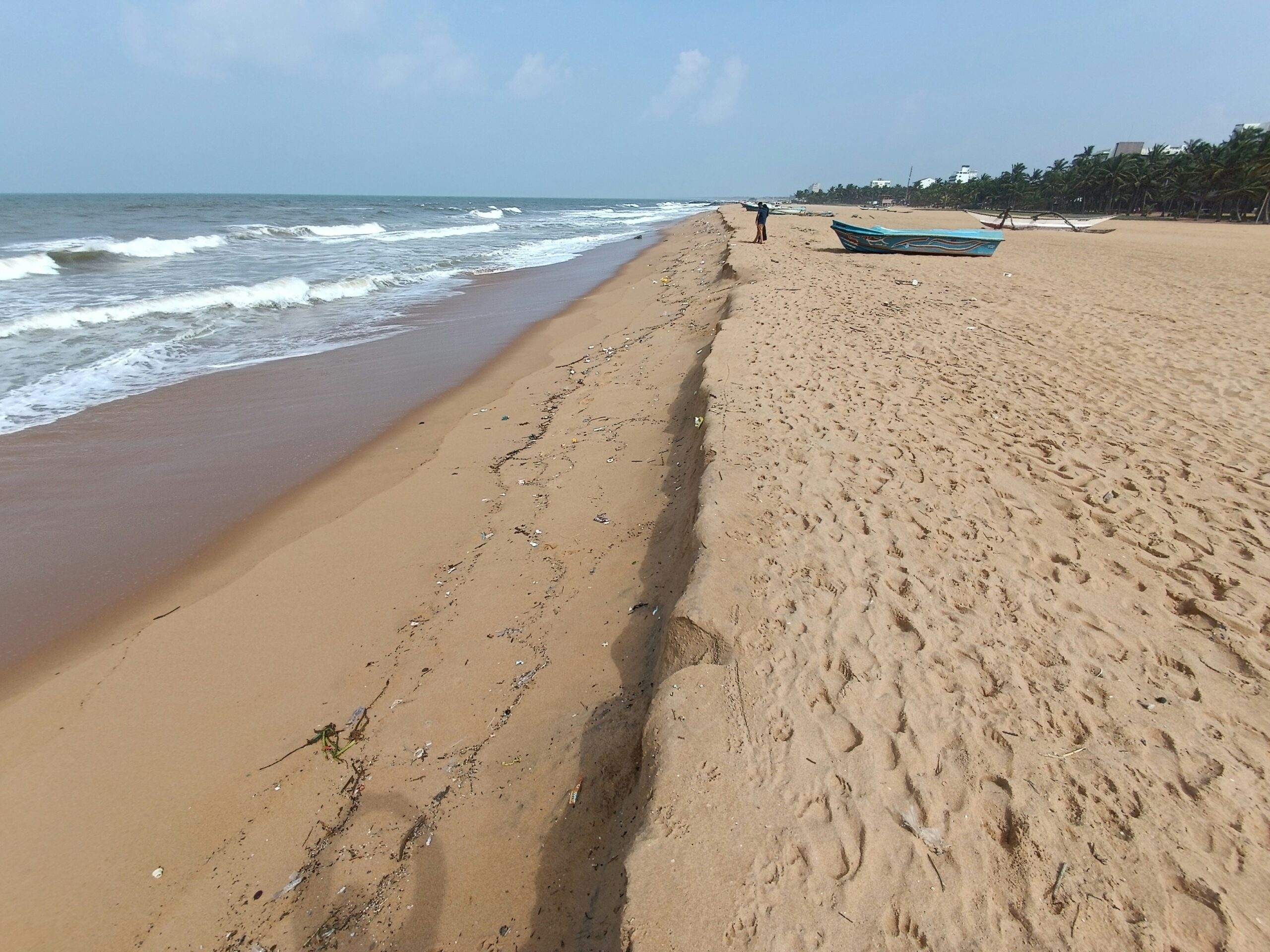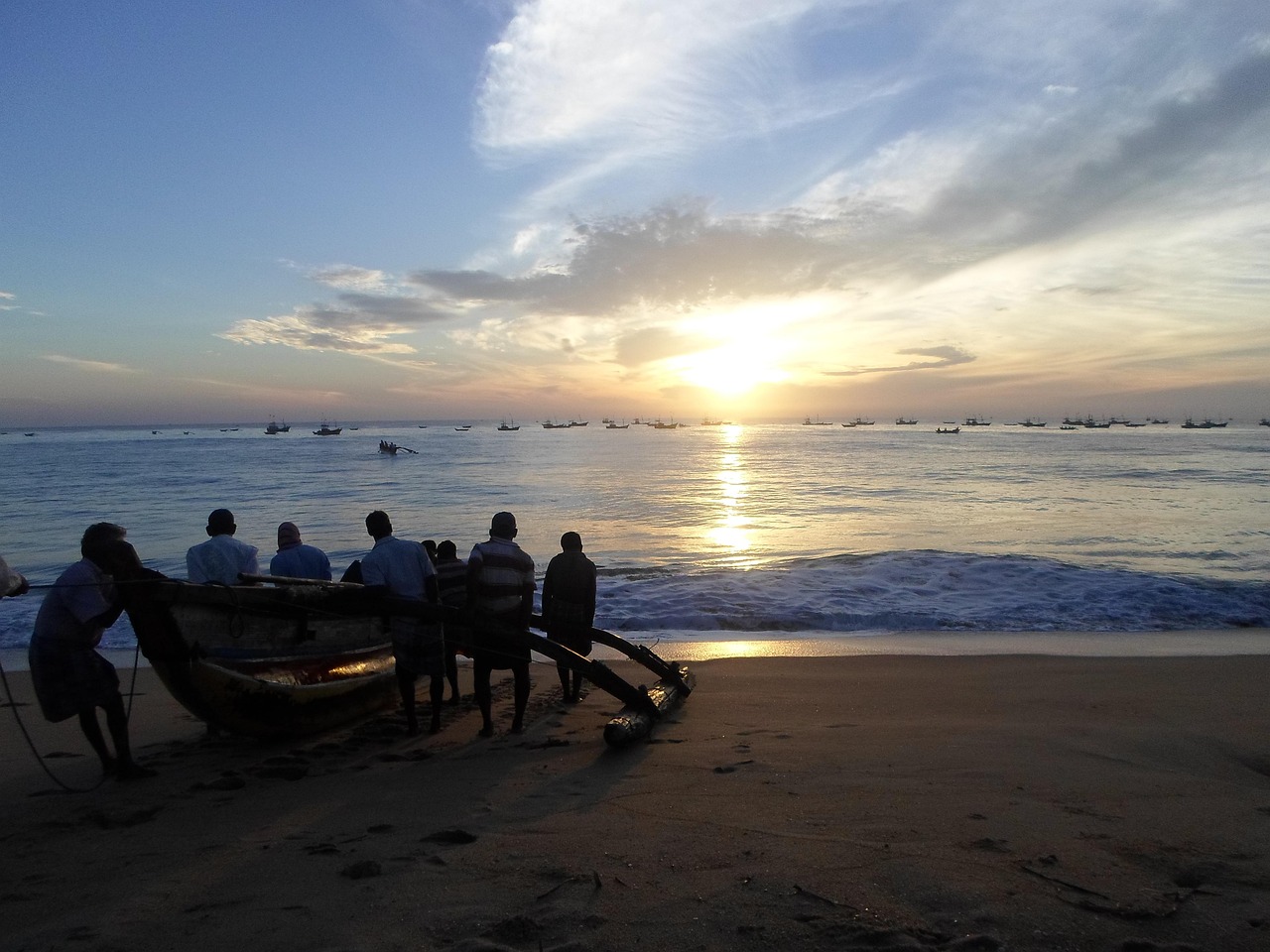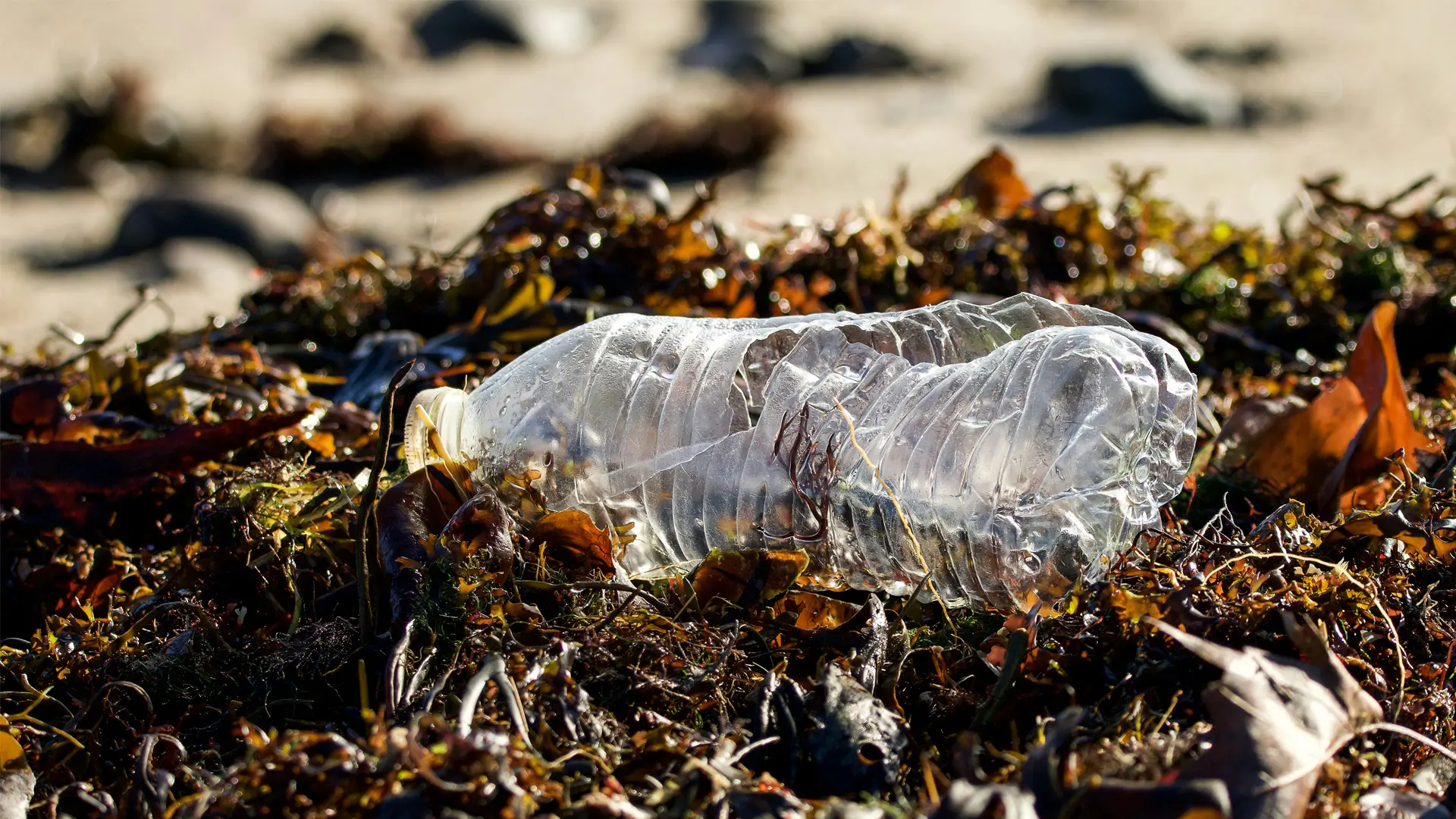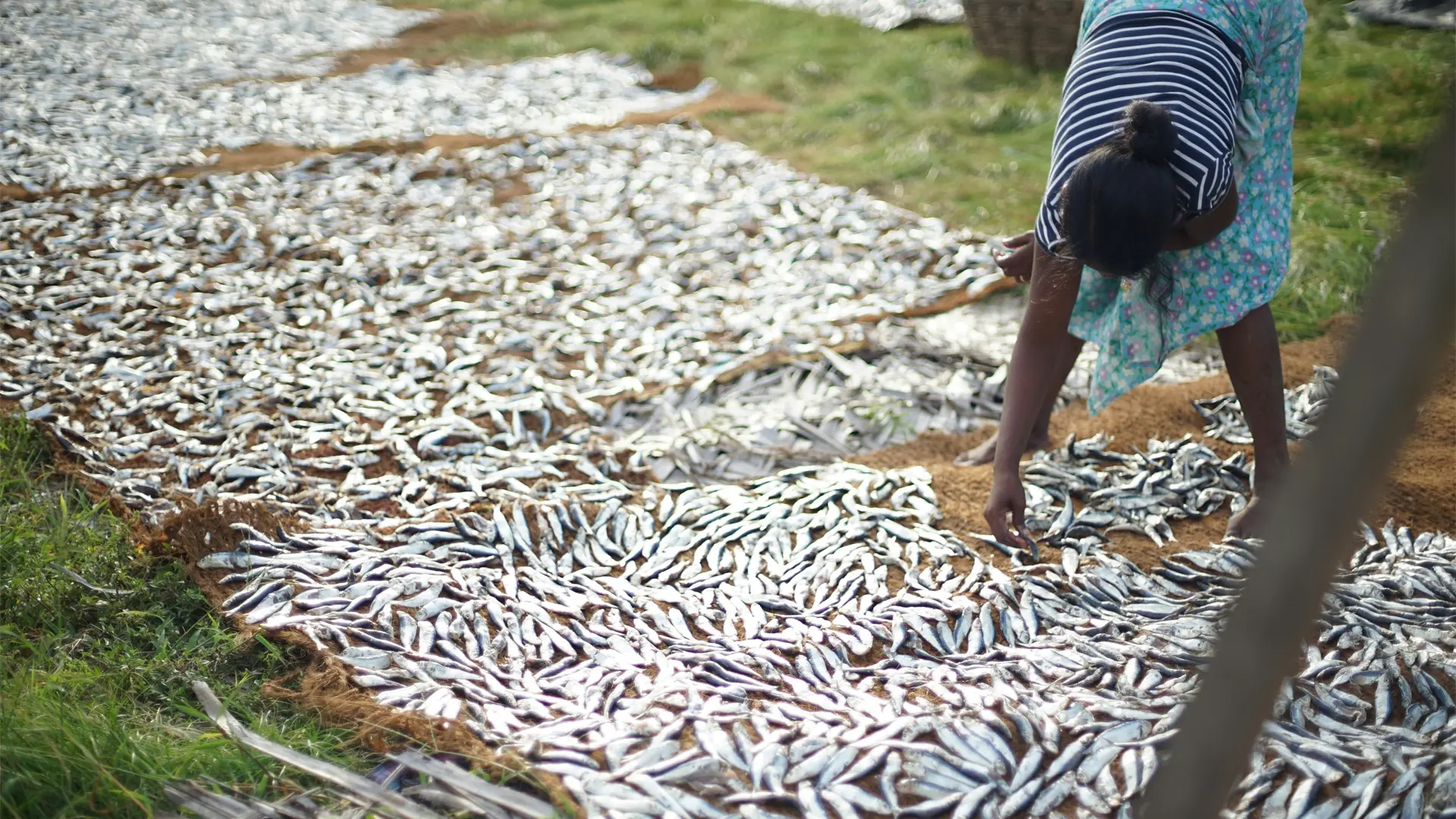
By Moira Alfred
Sri Lanka, a tropical nation near the equator, is heavily reliant on its fisheries and aquaculture industry. However, this island, renowned as the “Pearl of the Indian Ocean,” now faces catastrophic challenges due to climate change. Fisheries contribute substantially to the country’s economy, employment, and food security. Yet rising global temperatures, unpredictable weather patterns, and oceanic changes threaten this vital sector.

The impacts of climate change are multifaceted. Rising sea surface temperatures disrupt marine ecosystems, altering fish migration patterns and breeding cycles. This has led to declining availability of commercially valuable species, creating a growing gap between demand and supply that jeopardizes the livelihoods of both small-scale and commercial fishers. Additionally, coral bleaching, exacerbated by higher water temperatures, further diminishes fish populations and reduces catch levels.
Extreme weather events like storm surges also threaten Sri Lanka’s aquaculture sector. These events damage critical infrastructure—boats, fishing equipment, and coastal facilities—while coastal erosion and rising sea levels make landing sites and aquacultural parks increasingly inefficient and unsafe for daily operations.

Aquaculture faces additional challenges from salinity fluctuations and more frequent algal blooms, which reduce fish farming productivity. Inland aquaculture is equally vulnerable, as unpredictable rainfall patterns cause either water scarcity or flooding, disrupting breeding processes and overall yields.
To mitigate these impacts, Sri Lanka must adopt climate-resilient strategies that promote sustainable fishing practices and improved coastal management. Targeted investments in aquaculture education and adaptive technologies are essential. Strengthening early warning systems and providing financial support to affected coastal communities will also be crucial for sustaining this vital industry amid climate change.


Climate Change Impacts on Fisheries and Aquaculture in Sri Lanka
By Moira Alfred Sri Lanka, a tropical nation near the equator, is heavily reliant on its fisheries and aquaculture industry. However, this island, renowned as

The Plastic Journey: From Oceans to Plates – Unveiling the Invisible Threat
By Dilshani Maralanda Plastic pollution has become a serious global issue, transforming our beautiful, biodiversity-rich oceans into vast dumping grounds. Unlike natural materials, plastics are

The Unsung Heroines of Sri Lanka’s Coastal Fishing Communities
By Nadithi Jagoda When we picture Sri Lanka’s coastal fishing industry, images of fishermen hauling in their daily catch often come to mind. But behind
